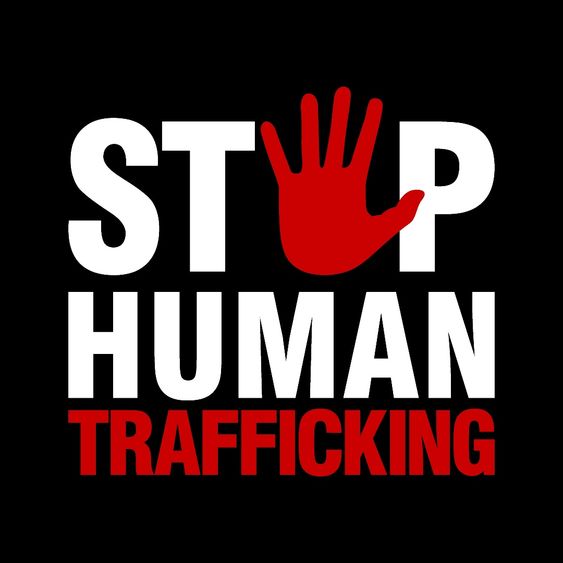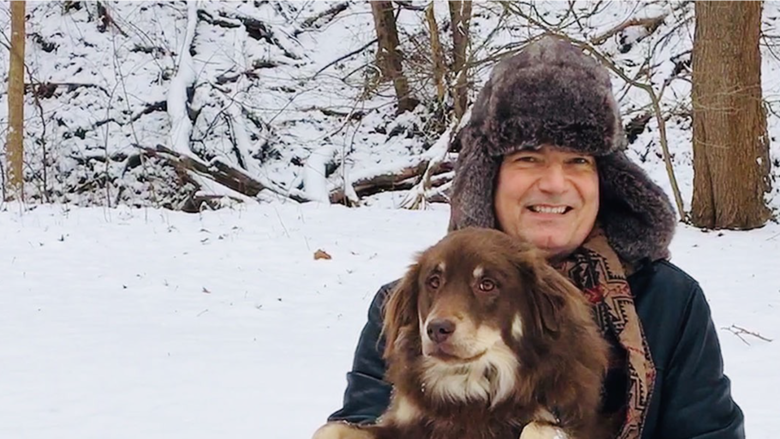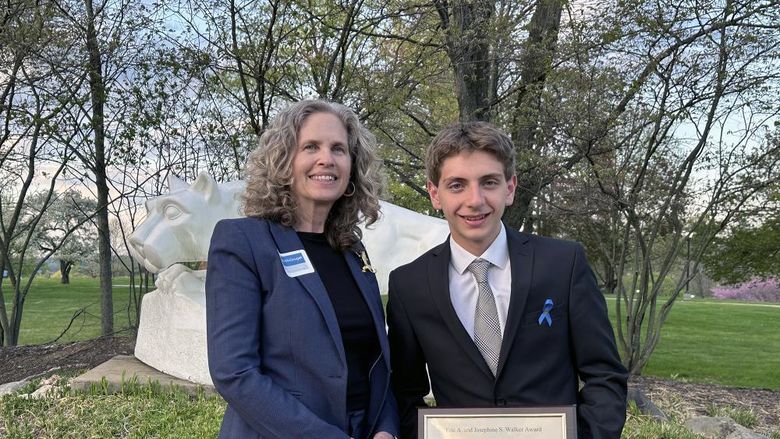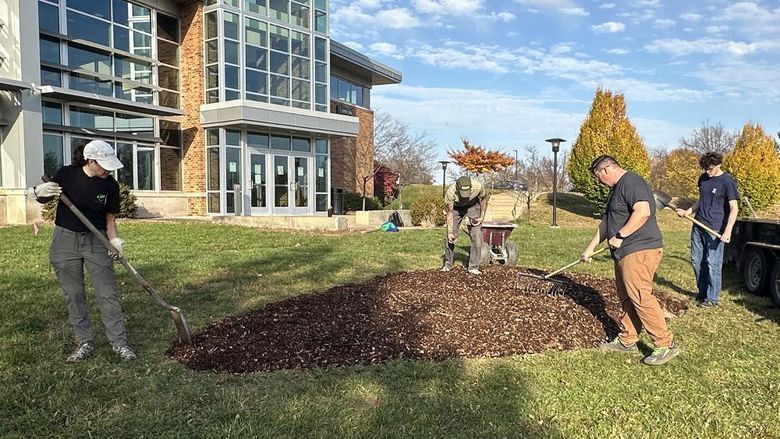
Penn State Beaver will host the Beaver County Anti-Human Trafficking Coalition's symposium from 8:30 a.m. to 1 p.m. Aug. 5 in the Penn State Beaver Student Union Building Auditorium.
MONACA, Pa. — For the second year in a row, Penn State Beaver will host the Beaver County Anti-Human Trafficking Coalition’s symposium. The event will take place from 8:30 a.m. to 1 p.m. Aug. 5 in the Penn State Beaver Student Union Building Auditorium.
Kaitlyn Veiock, chair of the coalition and a medical advocacy community education specialist for the Women’s Center of Beaver County, said the symposium is designed for attorneys, law enforcement and social workers, but it is open to anyone who wants to learn more about the topic. Registration is required.
One panel discussion will focus on the prosecution of trafficking crimes and will feature Beaver County District Attorney Nathan Bible and representatives from the Pennsylvania Office of the Attorney General, the U.S. Attorney’s Office and the U.S. Department of Homeland Security Investigations.
A second panel discussion will focus on court-related victim services and will feature representatives from the Women’s Center of Beaver County, Beaver County Victim Witness, the U.S. Attorney’s Office and Homeland Security.
There will also be information about the various services available for victims of human trafficking including non-profits that provide services outside of the court realm including the Area Agency on Aging, the Child Advocacy Center, Children and Youth Services, the Women’s Center and the Salvation Army Light Project.
“Ongoing professional development and continuing education are essential in the criminal justice and human services fields, especially on this topic,” said Jodi Gill, coalition member and lecturer in criminal justice at Penn State Beaver. “The criminal justice faculty at Penn State Beaver are excited to again host this symposium for the professionals in our area.”
Awareness of human trafficking and what it looks like is essential, Veiock said, adding that Beaver County doesn’t specifically track human trafficking crimes, and even looking at national statistics, human trafficking is “far less reported than we truly know about what’s happening.”
For example, Veiock said, cases of elder abuse, such as someone being used for their medication or their home or benefits, technically falls under human trafficking. Youth and gang violence, online exploitation, workers in places like massage parlors and hotels and parents exploiting their own children are also types of trafficking crimes.
“We get lots of questions about what human trafficking actually looks like here in Beaver County … We have presented on debunking myths about trafficking,” Veiock said.
While social media posts make the rounds, often claiming traffickers are following women or children around stores, those stories aren’t an accurate representation of what human trafficking more commonly looks like, Veiock said.
Veiock gave the following statistics:
- 36% of traffickers are immediate family members of the victim.
- 27% are intimate partners of the victim.
- 14% are friends or extended family members of the victim.
- 14% are employers.
- 9% are strangers.
- 64% of traffickers are citizens of the country they operate in.
Veiock said less than 3% of trafficking victims were kidnapped, and children are more likely to be approached online rather than in person.
Symposium attendees can get Continuing Legal Education credits or SW Continuing Education Units for a $10 fee to cover the cost.
Register here by July 23.
Attendees should park in Lot F along University Drive. A campus map can be found here.
How to report suspected human trafficking
To report suspected human trafficking call the 24/7 National Human Trafficking Hotline at 1-888-373-7888 or text 233733. To get support for children who have been exploited or taken advantage of online, go to thorn.org.
Ongoing professional development and continuing education are essential in the criminal justice and human services fields, especially on this topic.—Jodi Gill , Lecturer in criminal justice at Penn State Beaver





